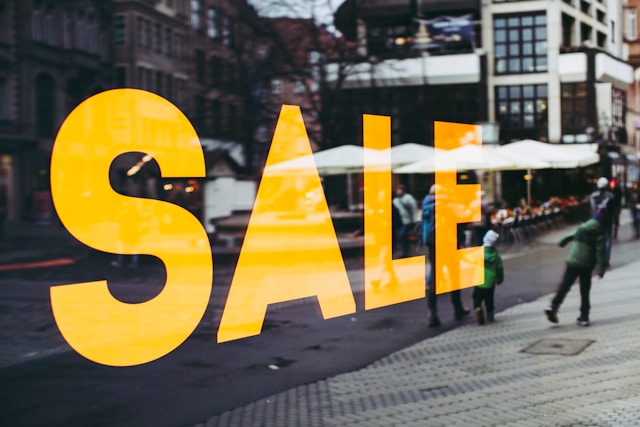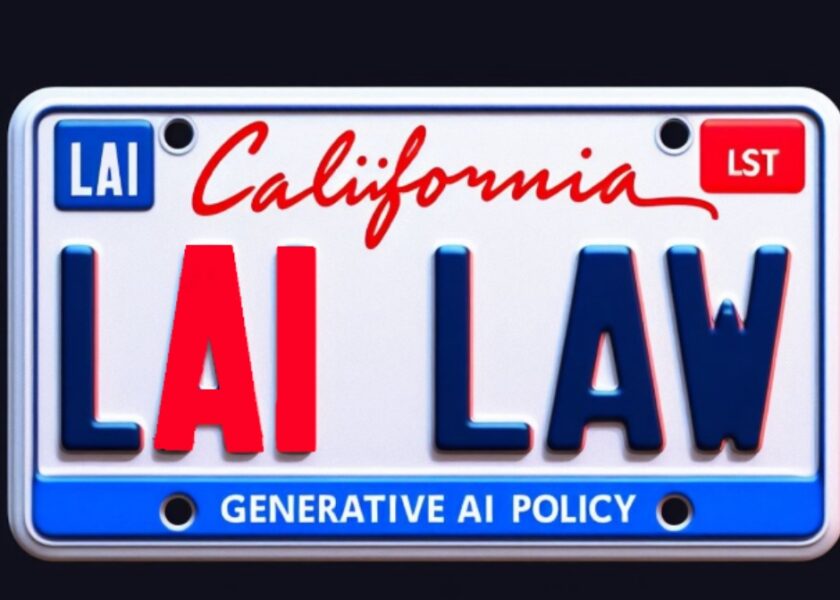MSCHF are a Brooklyn based collective with a history of hitting the news with absurd projects that toe the line of legal infringements.
Following on from their infamous modified “Satan” Air Max 97 shoes, which featured real human blood and resulted in a successful law suit by Nike, MSCHF are now back with their latest project. Titled “Museum of Forgeries”.
MSCHF purchased the original 1954 Andy Warhol painting “Fairies” worth an estimated $20,000. Using computer technology and a robotic arm, MSCHF made 999 perfect copies of the work, even going as far as to artificially age each of the pieces.
All 1000 pieces of the work (including the original) are being sold at a mere $250 each, with each person having a 1 in 1000 chance of owning the original. The catch is that MSCHF claim to have destroyed all record of which piece was the original and that even they don’t know which one is the real one anymore.
MSCHF’s “Museum of Forgeries” does however raise questions of copyright infringement. Copyright in the artwork will almost always lie with the artist regardless as to who owns the work. Copyright ownership and ownership of the artwork itself are separate from one another. Ownership of the work itself allow you to display the art, whilst copyright ownership allows an artist to retain all rights to print, copy and distribute its work, even if the original is sold. Another example of this is if you were to buy an album either in store or online. You have the right to listen to the album but do not have any right to copy or modify the songs.
Copyright in artwork last the lifetime of the artist plus 70 years after their death. Andy Warhol sadly passed in 1987, but this means that the copyright in his works will still be owned and retained by his estate. Despite this, artists can sell the copyright in artwork or even just the reproduction rights to licence a print. However any sale of copyright must be in writing and if the artist, or in this case his estate, have not signed it over then you do not have the right to sell prints or reproductions of it.
It is uncertain at this time the rights MSCHF hold or the actions Andy Warhol’s estate may take in response to the project. Both MSCHF and his estate are based in the US and copyright laws vary depending on the jurisdiction, but it will be an interesting case to follow nonetheless.
What this case shows, in any event, is the creative ways in which copyright law interacts with the art world and the innovative ways in which MSCHF, and other artists like Banksy, can exploit intellectual property. In this case MSCHF turned a painting worth $20,000 into approximately $250,000, subject to all of their costs and legality of this, but perhaps more importantly for them a viral art exhibition and discussion point.




